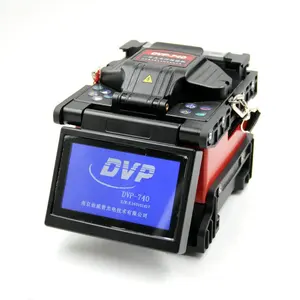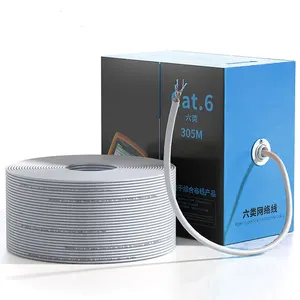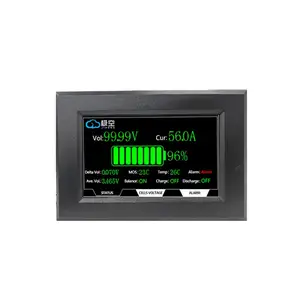Popular in your industry










Related Searches:






















Top categories
About fiber optic cable price per meter
Fiber Optic Cable Overview
Fiber optic cables are a cornerstone in modern communication infrastructure, enabling high-speed data transmission over long distances. The fiber optic cable price per meter is a key consideration for businesses looking to invest in network upgrades or expansions. These cables use light to transmit information, resulting in faster speeds and a higher bandwidth compared to traditional metal wire cables.
Types and Applications
There are various types of fiber optic cables, each designed for specific applications. Single-mode fiber cables are typically used for long-distance communication, while multi-mode fibers are suitable for shorter distances, such as within a single building or campus. The application of these cables spans from internet backbones to networking within data centers, and from submarine communications to medical imaging.
Composition and Design
The composition of a fiber optic cable includes a core, cladding, and a protective jacket. The core, usually made of glass or plastic, carries the light signals. The cladding reflects the light back into the core, preventing signal loss and allowing the light to travel great distances. The protective jacket shields the cable from environmental hazards and mechanical stresses. Understanding the fiber optic cable types and their compositions is crucial for selecting the right cable for a specific network requirement.
Features and Advantages
Fiber optic cables offer several features that make them advantageous over traditional cables. They are less susceptible to electromagnetic interference, which can be a significant issue for metal cables. This results in cleaner signals and fewer transmission errors. Additionally, fiber cables are capable of supporting higher bandwidths, which is essential for the growing demands of data transfer in various industries.
Materials and Shielding
The materials used in the manufacturing of fiber optic cables are selected for their durability and performance. The shielding of these cables, such as with the twisted pair shielded communication wire (STP), is important for protecting the integrity of the data being transmitted. Shielding helps to prevent crosstalk and electromagnetic interference, which can degrade the quality of the signal.
Choosing the Right Cable
Selecting the right fiber optic cable involves considering factors such as the required bandwidth, the environment in which the cable will be installed, and the distance over which the signal needs to travel. On Alibaba.com, businesses can connect with a diverse range of suppliers to find the appropriate fiber optic solutions, ensuring that they can source cables that meet their specific networking needs without the hassle of navigating through brand endorsements or promotional content.






























